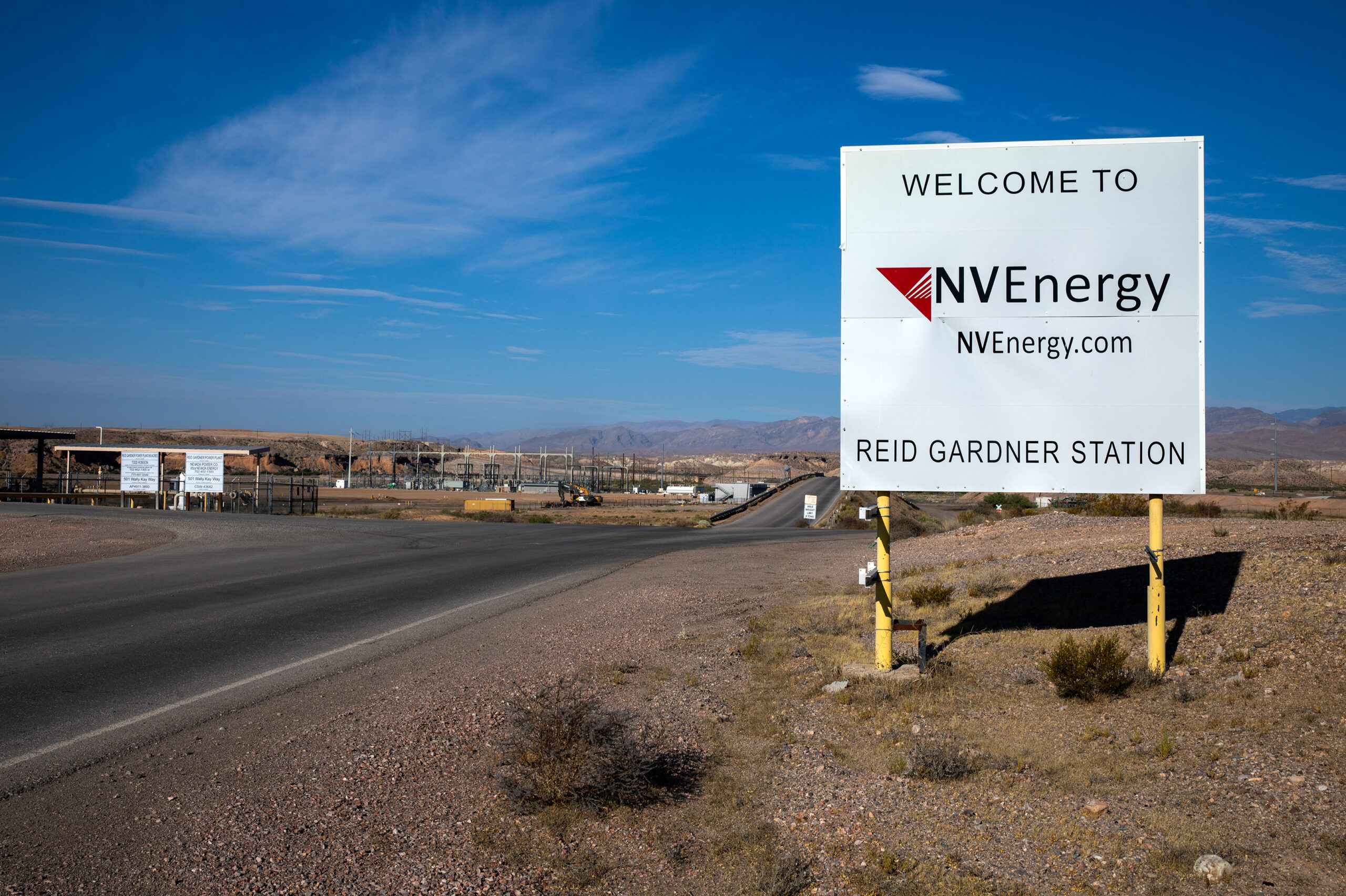Study after study has placed Nevada near the bottom of a list no state wants to be on the bottom of: affordability. Nevada homes are among the least affordable in the country, and the state has among the highest car ownership costs and most expensive groceries. Nevada is also among the states most impacted by climate change. Reno consistently ranks as the fastest warming city in the country, with Las Vegas coming in second. Inflation is already hurting Nevadans, and the higher air-conditioning bills due to extreme heat this summer are going to make things much worse.
From any rational perspective, it is clear that to ensure a livable future for all Nevadans, we must address the affordability crisis and the climate crisis. And yet, as temperatures rise and the cost of living soars, NV Energy, the state’s utility monopoly, is proposing to spend hundreds of millions to expand the use of fossil fuels, costs that will be passed on to ratepayers. Once again, the company is putting corporate profits over climate action and people.
Every three years, NV Energy must present an updated Integrated Resource Plan (IRP) to regulators at the Nevada Public Utilities Commission. The company’s 2024 plan was filed May 31. While we hoped for a proposal to expand solar access and save money, we got the opposite: hundreds of millions of dollars in new fossil gas peaking plants at the Valmy power plant outside Winnemucca.
Peaking plants (commonly referred to as “peakers”) turn on during times of peak energy demand — hence the name. They cost a lot to operate and are used relatively little. Battery storage, such as the kind NV Energy just built in Moapa at the former Reid Gardner coal plant, can help address the peak demand problem without the added costs of importing natural gas. If the Public Utilities Commission approves NV Energy’s proposed plan, we still have to pay for new peaker gas plants, with a 10 percent profit added in for Warren Buffett and the other rich executives who own the company. It is just a cash grab from NV Energy.
This announcement comes at the same time as rising concerns regarding NV Energy’s proposed rate hike for Northern Nevadans, which is scheduled for a public consumer session before the Public Utilities Commission in Reno on June 13. The proposed increase to the basic service charge would make ours among the highest in the nation, rising from $16 to $44. This is money NV Energy can charge just for people to be connected to the grid. Even if someone is covering their entire energy bill with solar, and their electricity usage overnight with their own battery, NV Energy would still force customers to pay this charge under its proposal. High fixed charges often increase bills for low-income families, who already strive to lower their utility bills by using less energy.
I take exception to NV Energy’s proposal for two reasons. First, by requiring that customers all pay nearly $50 to NV Energy every month, even if you generate 100 percent of your own energy, the increase could make rooftop solar impossible for some Nevadans. Second, NV Energy citing increased demand as justification for continued reliance on fossil fuels seems to be at odds with changing the rate structure that disincentivizes efficiency. By restructuring rates so that a smaller portion of your utility bill is determined by how much energy you are using, consumers have less incentive to reduce their energy use.
Ultimately, NV Energy is laser focused on one thing, and it isn’t meeting consumers’ need for affordable clean energy. It’s generating as large a profit margin as possible for its wealthy shareholders. I won’t begrudge NV Energy a profit, but I will hold it to repeated attempts to roll back climate action and make low-income Nevadans choose between putting food on the table and keeping the AC on in triple-digit temperatures.
Olivia Tanager is the director for the Toiyabe Chapter of the Sierra Club, focusing on Nevada, the Tahoe Basin and the eastern Sierra Nevada. It is a grassroots fueled group that advocates for increased access to renewable energy, public transportation and land, water and wildlife conservation.
The Nevada Independent welcomes informed, cogent rebuttals to opinion pieces such as this. Send them to [email protected].

